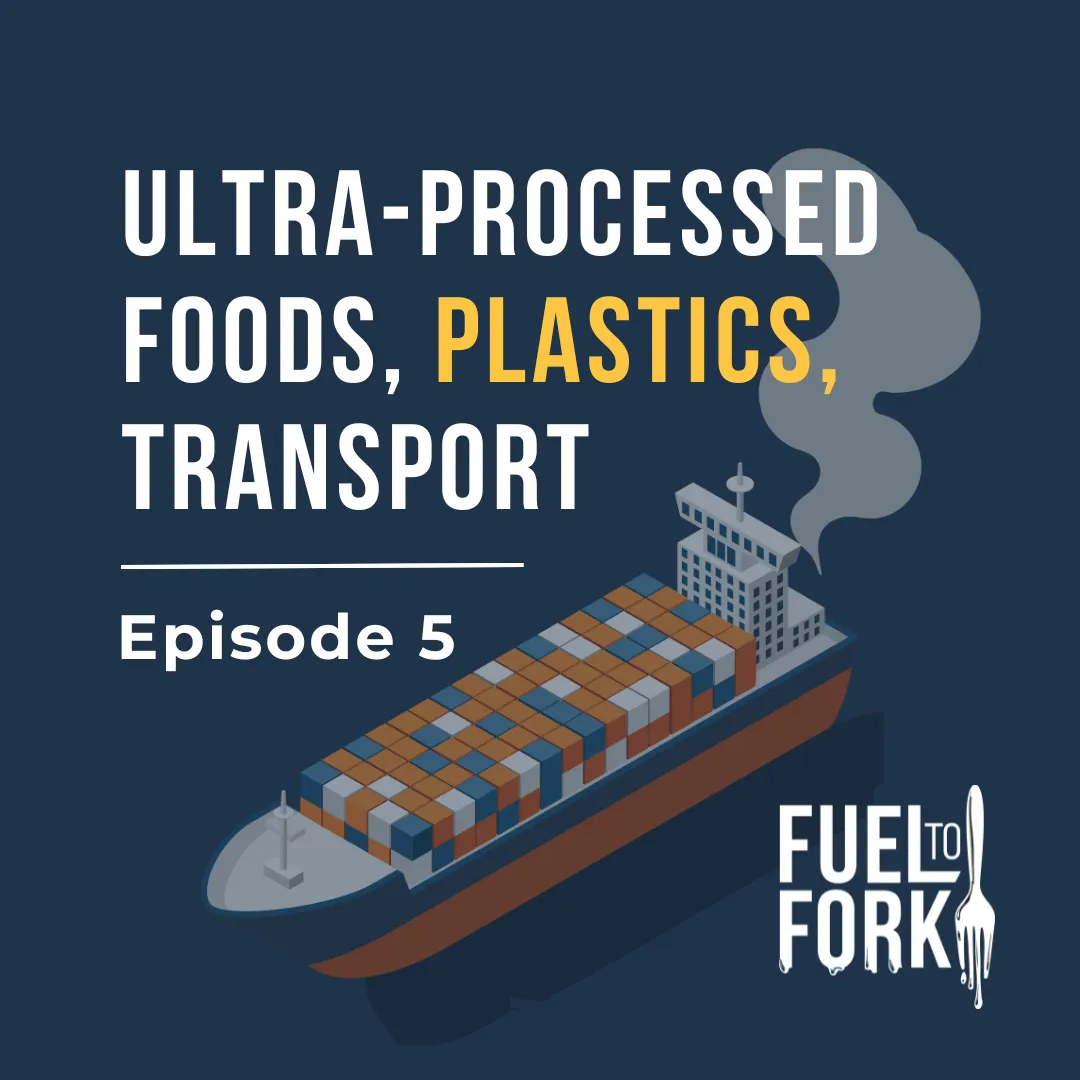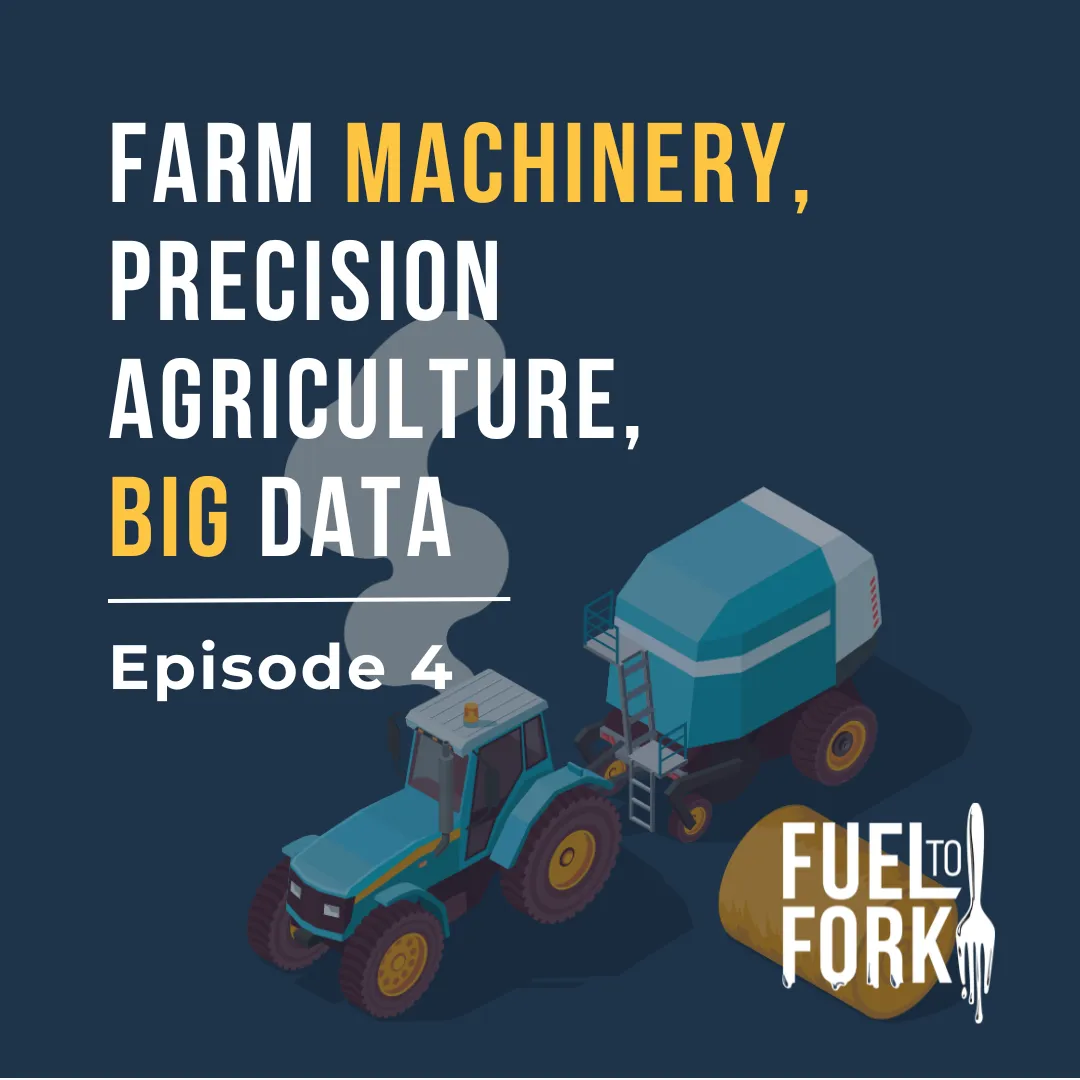Precision farming is an agricultural management practice that aims to supply plants or animals with precisely the amounts of agricultural inputs (e.g. water, pesticides, and fertilisers) they need at a specific location and moment in time, thereby increasing efficiency by reducing the total inputs needed for agricultural production, and reducing environmental impacts. Precision farming uses different types of technologies to measure, observe, and act upon factors that are relevant to the growth of crops and livestock. These can range from big data, GPS, robotics, sensors, and drones, to low-tech measures such as using bottle caps for applying the right amounts of fertilisers to individual plants. Aiming to optimize crop or livestock production, precision techniques include measuring, modelling, and responding to (site-specific) data, including weather forecasts, soil properties, soil water content, pests, and weeds.


